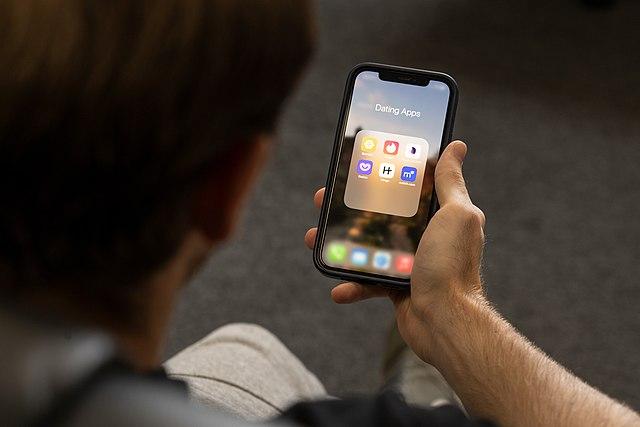From picture-perfect Instagram couples to rom-coms, we are exposed to love and its varying forms starting at a young age. Love takes on such a prevalent role in our society that we grow up believing a romantic — often unrealistic — relationship is the ultimate goal in life. However, in the pursuit of romance, we often fail to acknowledge other forms of intimacy that are equally — if not more — valuable: our relationship with family, friends and ourselves. Movies set unrealistic expectations, as they romanticize toxic relationships and place romantic love on a pedestal. Examining the influence of media allows us to gain a better understanding of the disparities between expectation and reality, thereby promoting a healthier understanding of human connection.
With the rapid rise of technology, media dominates nearly every aspect of our personal life. It defines the ways in which people communicate and thereby impacts how we value connection. In his novel “The Art of Loving,” Eric Fromm claims that love is an active rather than passive act. Too often, media depicts love as something waiting for you out there in the world and that “true love comes to those who wait.” Love is something you don’t chase after, rather, it is something that finds you. YouTuber oliSUNvia claimed that this passive portrayal of love in media makes people focus on forging their own identities around being more lovable rather than more loving. We shape our values around what will give us the most attention from potential love interests rather than staying true to who we are. Through the over-consumption of media types that strictly depict romance as this wonderful, perfect existence — and often as the most important end-goal in life — finding love morphs into an unhealthy motivation behind everything we do. When I searched the word “relationship” on YouTube, the first two videos were titled “Post Breakup Glow Up!” and “5 Things Girls do That Guys Find Hot.” Too often, people watch a 10-minute video and think they are experts in the realm of love. Then they experience massive disappointment once they realize their relationship is nothing like the romantic characters in shows they grew up with. These videos, TV shows and movies still idealize something unrealistic while diminishing the value of other forms of love, such as friendships (e.g. the classic movie trope: two female besties fighting over one guy). Eric Fromm believes that in this process of making ourselves more lovable, we become commodities in this “dating market” and objectify ourselves.
According to the symbolic interactionist theory, the way people interact and communicate with one another determines how we construct meaning and interpret the world around us. We use media representations of love as symbols that define our own relationships. The hopeless-romantic TV show plots frame our own expectations and establish guidelines for what a supposedly “perfect” and “successful” intimate connection should look like. It fails to acknowledge the complexities and challenges that are inherent in maintaining a healthy relationship, and often romanticizes red flags in a partner simply because the characters are “hot” and “attractive” in the show.
We should make an active effort to promote and stream shows that showcase the realness of relationships. “The White Lotus,” “The Marriage Story” and “Fleabag” are examples of media that depict more realistic depictions of love. They highlight not only romantic relationships, but also familial dynamics and friendships. The screenwriting is raw, real, messy and often uncomfortably honest, but it promotes a more diverse, authentic and nuanced perspective regarding relationship dynamics.We should also candidly discuss media portrayals of love with children and young adults. Caregivers or mentors should hold honest conversations about how to set set realistic expectations of what a healthy relationship looks like.
Love comes in so many shapes and forms, and the media we’re consuming should reflect this diversity authentically. We should be taught that our relationship with ourselves should always take precedence. Love is as beautiful as it is messy and complex. Rather than molding ourselves into someone more lovable, we should learn to be more loving. If I’ve learned one thing, it’s that a romantic relationship with someone is important, but it should never be essential. No one should ever go through life believing love only appears in the form of a romantic intimate relationship instead of platonic love between family and friends. People should never define their worth based on who loves them. Rather, their values should only shape how they choose to love others.




